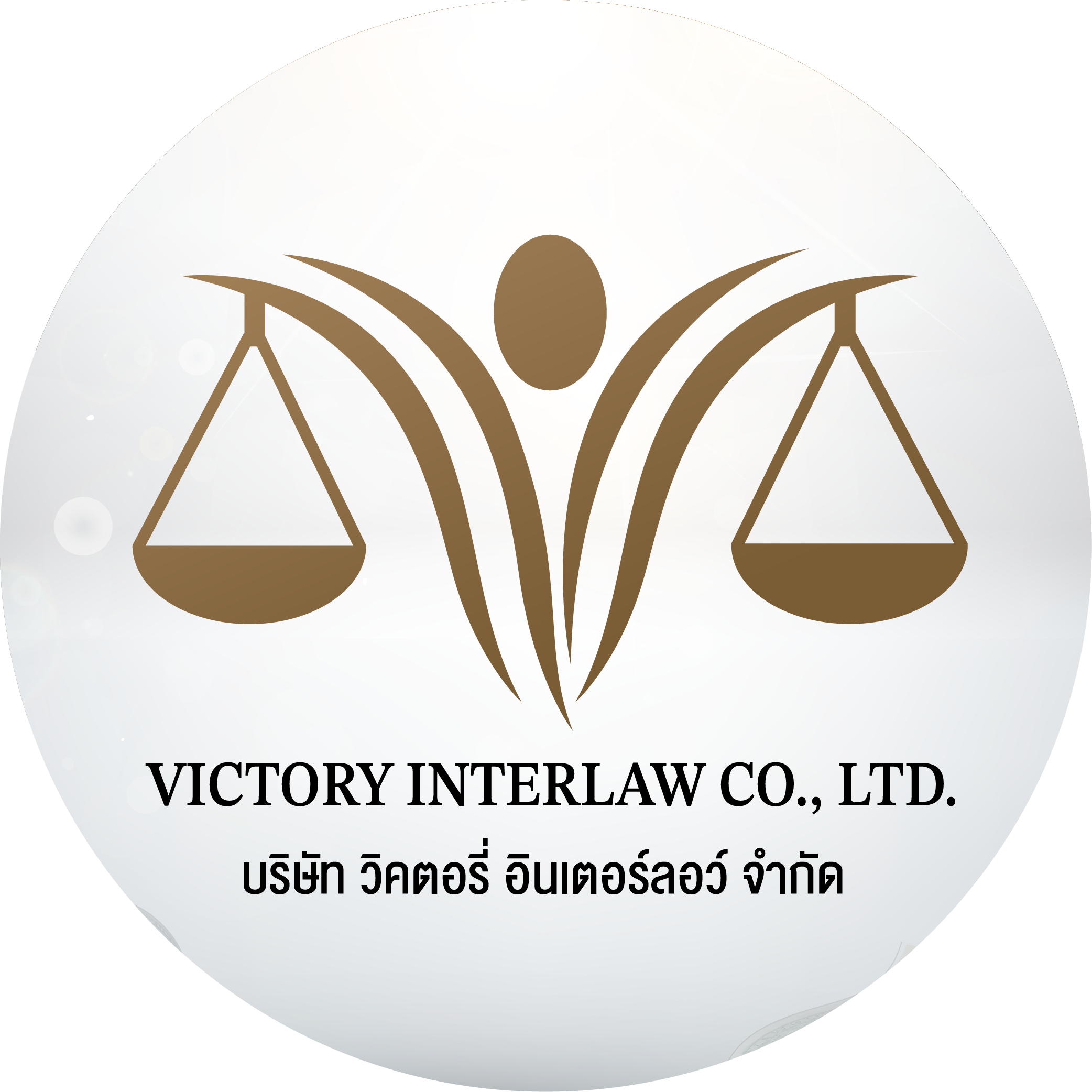Understanding Child Custody in Thailand
Child custody issues can be one of the most challenging and emotionally charged aspects of family law. In Thailand, child custody is primarily governed by the Civil and Commercial Code, which seeks to ensure that decisions about a child’s living arrangements, upbringing, and welfare are made in the child’s best interests.
Victory InterLaw specializes in navigating the complexities of child custody cases, providing expert legal support to parents seeking to establish or modify custody arrangements. Our team is dedicated to safeguarding your parental rights and ensuring that the best interests of your child are at the forefront of all custody decisions.
Key Aspects of Child Custody in Thailand
- Types of Custody
- Physical Custody: This refers to where the child lives and who is responsible for their day-to-day care. One parent may be awarded primary physical custody, or it may be shared between both parents.
- Legal Custody: This involves the right to make major decisions about the child’s life, such as education, healthcare, and religious upbringing. Parents may share legal custody, or one parent may have sole legal custody.
- Best Interests of the Child
-
- Child’s Welfare: Thai courts prioritize the child’s welfare and best interests when making custody decisions, taking into account factors such as the child’s needs, the parent-child relationship, and each parent’s ability to provide a stable environment.
- Parental Cooperation: The court also considers the willingness and ability of each parent to facilitate and encourage a close and continuing relationship between the child and the other parent.
- Custody Arrangements
-
- Joint Custody: In cases where parents can cooperate effectively, joint custody allows both parents to share physical and/or legal custody, promoting the child’s relationship with both parents.
- Sole Custody: When joint custody is not feasible due to conflict or other issues, one parent may be awarded sole custody, with the other parent receiving visitation rights.
- Parental Rights and Responsibilities
-
- Visitation Rights: Non-custodial parents typically have the right to visitation or parenting time, ensuring they maintain a meaningful relationship with their child.
- Parental Decision-Making: Parents with legal custody retain the right to make significant decisions about their child’s life, even if they do not have primary physical custody.
- International Custody Issues
-
- Cross-Border Challenges: For expatriate families or parents in different countries, international custody disputes can present complex legal challenges that require specialized legal expertise.
- Hague Convention: Thailand is a party to the Hague Convention on International Child Abduction, which helps address cross-border custody issues and ensures the prompt return of abducted children to their country of habitual residence.
The Child Custody Process
- Filing for Custody
- Initiating a Custody Case: To establish or modify custody, a parent must file a petition with the family court, providing detailed information about the child and the proposed custody arrangement.
- Service of Process: The petition must be served on the other parent, who then has the opportunity to respond and present their own proposed custody plan.
- Mediation and Negotiation
-
- Encouraging Agreement: Courts often encourage parents to resolve custody disputes through mediation or negotiation, which can result in a more amicable and mutually acceptable arrangement.
- Mediation Services: Professional mediators can help parents communicate effectively and reach a custody agreement that prioritizes the child’s best interests.
- Court Hearings
-
- Evidence Presentation: If parents cannot reach an agreement, the case proceeds to court, where both parties present evidence and arguments to support their proposed custody arrangement.
- Child’s Interests: The court considers all relevant factors, including the child’s preferences (depending on their age and maturity), each parent’s ability to care for the child, and any history of abuse or neglect.
- Custody Orders
-
- Judicial Decision: After considering all evidence and testimony, the judge issues a custody order detailing the legal and physical custody arrangements and any visitation rights.
- Enforcement and Compliance: Custody orders are legally binding, and parents are required to comply with the terms outlined by the court. Non-compliance can result in legal consequences.
- Modifying Custody Arrangements
-
- Changing Circumstances: Custody arrangements can be modified if there is a significant change in circumstances, such as relocation, changes in the child’s needs, or changes in a parent’s situation.
- Legal Process for Modifications: To modify a custody order, a parent must file a petition with the court, and the proposed changes must be approved by a judge.
Challenges and Considerations in Child Custody Cases
- Emotional Impact
- Stress and Uncertainty: Custody disputes can be highly stressful and emotionally draining for both parents and children, often leading to anxiety and uncertainty.
- Child’s Well-Being: The emotional well-being of the child is paramount, and custody arrangements should aim to provide stability and minimize disruption in the child’s life.
- Parental Conflict
-
- High-Conflict Cases: High levels of conflict between parents can complicate custody decisions and make cooperative arrangements more challenging to achieve and maintain.
- Conflict Resolution: Effective conflict resolution strategies, such as mediation and counseling, can help parents manage disputes and focus on the child’s best interests.
- Parental Relocation
-
- Relocation Issues: When one parent wishes to relocate, it can significantly impact custody arrangements and require court intervention to address the changes.
- Balancing Interests: The court must balance the relocating parent’s right to move with the other parent’s right to maintain a relationship with the child and the child’s best interests.
- Parental Fitness
-
- Assessing Fitness: The court evaluates each parent’s fitness to care for the child, considering factors such as stability, safety, and the ability to meet the child’s needs.
- Addressing Concerns: Issues such as substance abuse, mental health problems, or a history of violence can affect custody decisions and require careful legal handling.
- Cultural and Legal Differences
-
- Cultural Considerations: In cases involving expatriates or mixed-nationality families, cultural differences can play a significant role in custody decisions and require sensitive handling.
- Legal Complexity: Navigating the legal complexities of international custody cases or disputes involving foreign laws requires specialized legal knowledge and experience.
Why Choose Victory InterLaw for Child Custody Services?
- Expert Legal Representation
- Experienced Family Lawyers: Our team of family law attorneys has extensive experience in handling child custody cases, providing expert legal representation tailored to your needs.
- Strong Advocacy: We advocate vigorously for your parental rights and the best interests of your child, whether through negotiation, mediation, or litigation.
- Comprehensive Support
-
- Full-Spectrum Services: We offer a comprehensive range of child custody services, from filing petitions and presenting evidence to negotiating agreements and enforcing orders.
- International Expertise: Our expertise in international family law enables us to effectively manage cross-border custody disputes and ensure compliance with international conventions.
- Personalized Approach
-
- Client-Focused Service: We take the time to understand your unique situation and goals, providing personalized legal advice and solutions that best meet your family’s needs.
- Compassionate Guidance: Our team offers compassionate support and guidance throughout the custody process, helping you navigate the emotional and practical challenges involved.
- Effective Resolution Strategies
-
- Amicable Solutions: We strive to resolve custody disputes through negotiation and mediation whenever possible, promoting amicable and cost-effective solutions that prioritize the child’s well-being.
- Litigation Preparedness: If court intervention is necessary, we are fully prepared to represent your interests in court, presenting a strong and compelling case for your desired custody arrangement.
Contact Victory InterLaw Today
Navigating the complexities of child custody can be overwhelming, but you don’t have to face it alone. Victory InterLaw is here to provide the expert legal assistance and support you need for your child custody matters in Thailand. Contact us now to schedule a consultation and learn how we can help you secure a custody arrangement that is in the best interests of your child.



